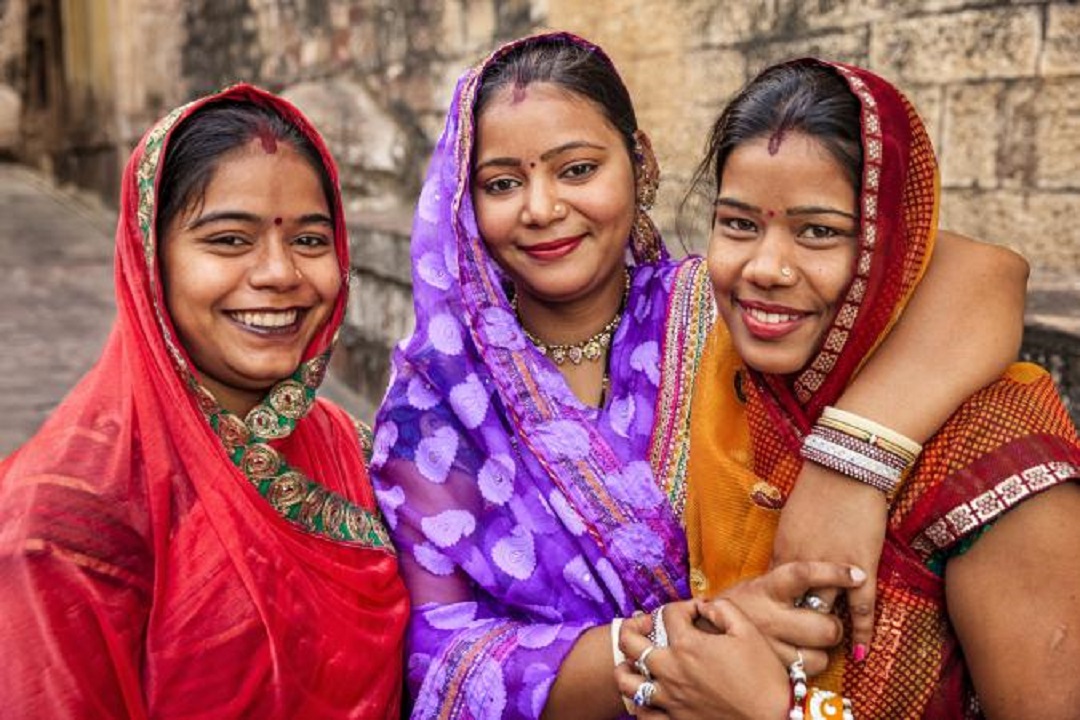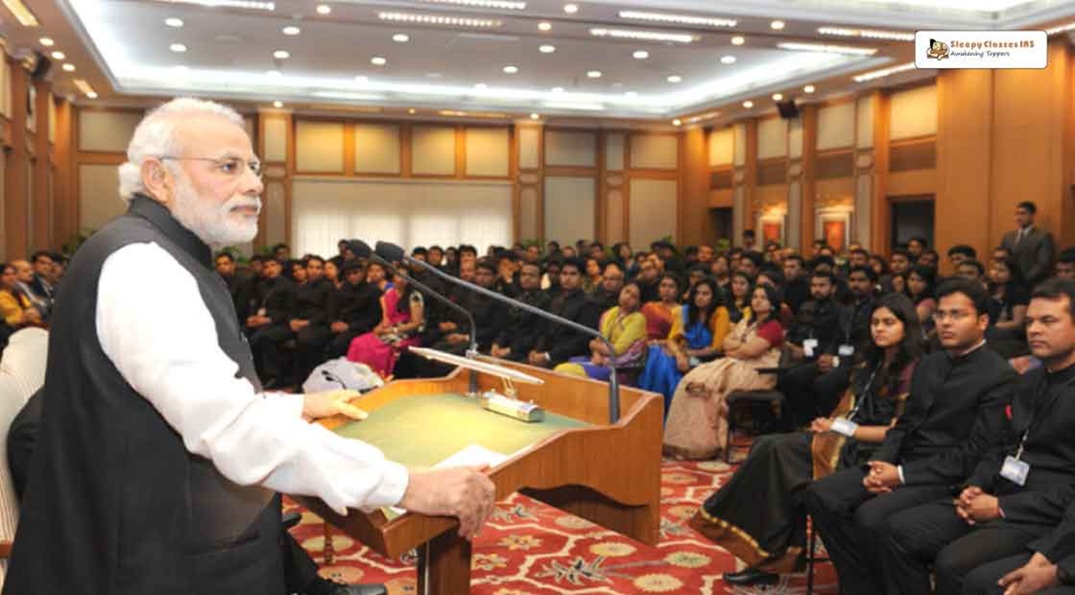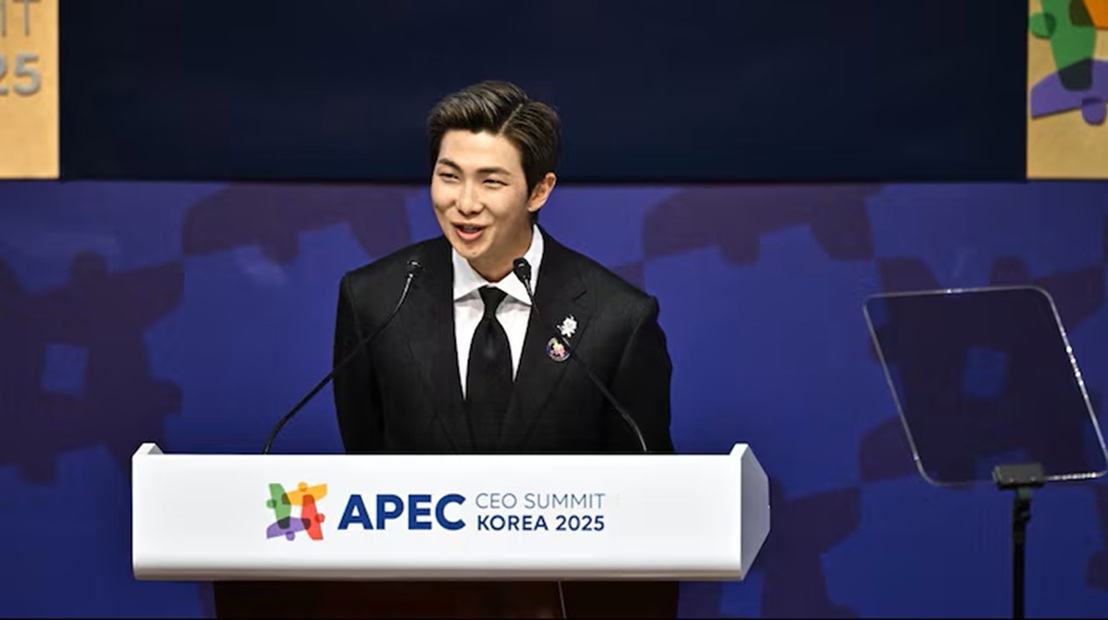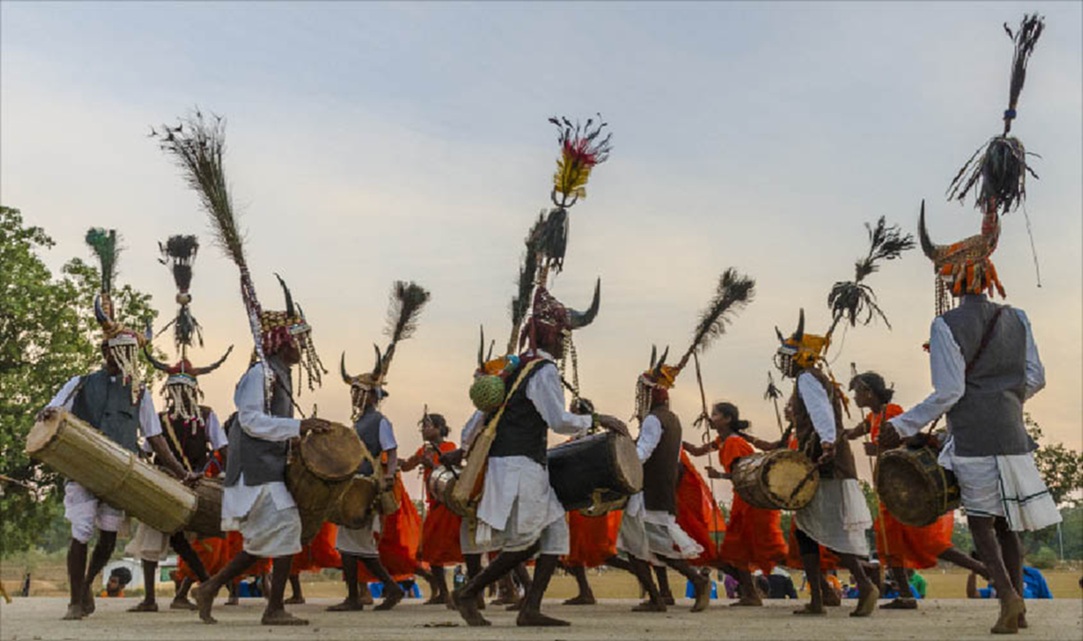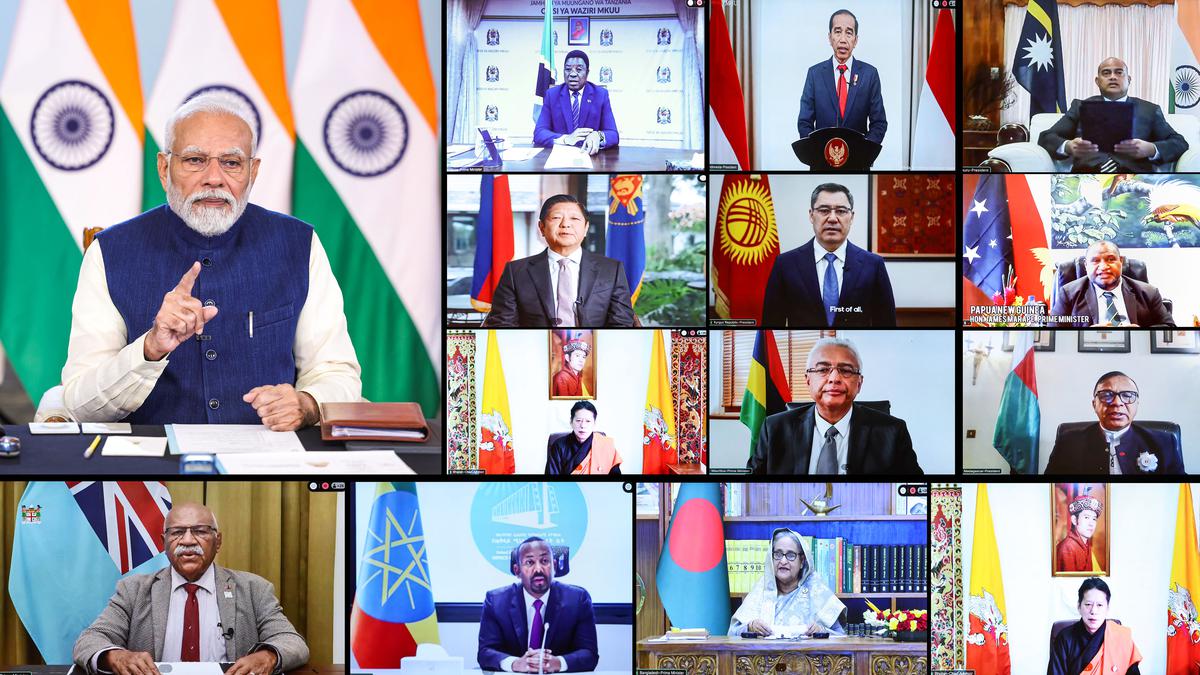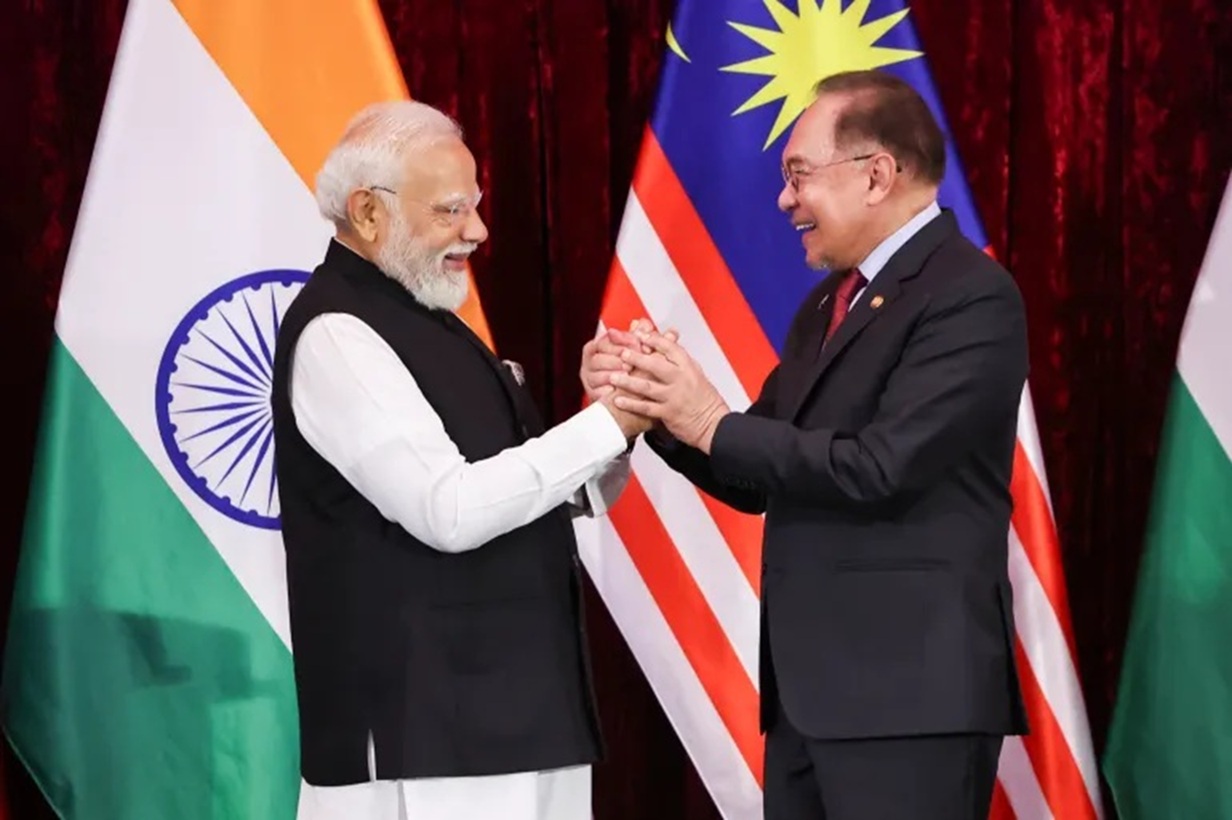In Rig Veda, over 30 Rishikas or women sages led by Vak Ambrini find a prominent place. One hymn indicates a high status given to women in society – the right to choose her husband, to study and to pursue her own profession. The marriage hymn states that a daughter-in-law should be treated as a ‘Samrajni’ or a Queen by all elder family members. Unfortunately, our oldest text is long forgotten and we all grow up hearing stories from Ramayan and Mahabharat. Both have been rewritten during the Dark ages when our ancient universities were plundered, burnt and looted. To preserve the Hindu family lines, the rewritten holy books, perhaps portrayed the females as the weaker sex needing protection from an early age and child marriage. This early domestication resulted in illiteracy and engagement in household tasks for the rest of their lives. In effect, all their human rights were forfeited.
So, what can be done at a Community level and at a Family level?
ACTIONS AT COMMUNITY LEVEL
India has diverse communities. Urban rich, urban slums, rural rich and upper caste and rural poor. The last category is the homeless labourers working on construction sites, brick kilns and the semi-bonded labourers. Each community has its own social norms and cultural differences. Hence, no single panacea works.

Local Indian woman do most of housework P.C https://bit.ly/2J9c4f4
In general, the urban rich females lead a much more liberated life as compared to the homeless wanderers, many of who continue to live in the dark ages. Regional, religious and state disparities further confuse the issue. However, will try to generalize as much as I can.
- Discourage ostentatious marriages and report dowry to police.
- Same with child marriage.
- Ensure availability of school near every settlement where girls can study fearlessly.
- Provide separate toilets to them in educational institutions.
- Ensure availability of economical sanitary pads in the locality.
- Do not discourage women from taking up male-centric jobs like rickshaw puller, shopkeeper or coolie.
- Insist for reservation of more seats in public transport.
- Elder males of the community should be vocal in stopping incidents of eve-teasing and other forms of harassment in public.
- Insist on paternity leave for men to take care of women and their new child.
- Keep women-centric issues on the Centre stage.
- Where possible, be part of pressure groups/ dharna in cases of crimes against women.
ACTIONS AT FAMILY LEVEL
As our communities are diverse, so are the families. Yet, the common thread is that the males are still labelled as the head of the family, often with their singular name on the name board outside their home. Inside, the female gender’s works are well defined. Cooking and kitchen cleaning, sweeping/ mopping, ironing, stitching, clothes washing and caring of children and the sick are just some of them. It is the same case even if they go to school or work outside the home for an equal amount of time as their male counterpart. This gender bias needs to be corrected the moment a marriage takes place and family duties are assigned. Why is it that many a father treats his only daughter as a princess but his own wife as his ‘do all’ helper? Changes in behaviour and attitudes have to take place.
- Women need to be equal partners in planning a child.
- Husband’s should take a longer leave during and after childbirth for his ‘fatherhood’ role and bonding with the child.
- Equally, celebrate the birth of the girl child.
- Let the child choose toys. Do not force dolls for girls and cars for boys. Definitely no guns.
- Inhibit from assigning gender-related tasks to boys and girls. In fact, boys need to learn certain tasks of self-preservation like basic cooking, cleaning and emergency medical care.
- Early education for children of both sexes.
- Visit the school and meet the teachers. Some teachers have a strong gender bias which needs correction.
- Pay special attention to the nutritional and hygienic needs of a girl child when they attain puberty.
- Sons must be allowed to cry and express themselves on gender issues. They must be taught to treat their sisters as equal despite Raksha – Bandhan.
- Family honour is equally important for the misdeeds of Male child towards females.
- Do not associate girl child with labels like ‘Paraya Dhan’. In fact, encourage her in pursuit of her future goals with proper guidance.
- From early childhood, boys must know that parental property is to be divided equally with their sisters.
SPEED OF SOCIETAL CHANGE IN FEMALE IMPROVEMENT
Slow changes called Fabian changes have been going on since the last 150 years towards female empowerment. Radical changes in female improvement occurred after Indian independence with a slew of governmental laws, reservations, education, nutrition and healthcare facilities. The revolutionary change could have occurred if the proposed bill of 1996 for 33% reservations of seats in Lok Sabha and State Vidhan Sabhas was passed.
The extended SARS-COV-2 pandemic in India may bring about revolutionary changes – some good, some bad. Another catalyst is the digital revolution in the education and employment sector which is based on merit rather than the gender of the student/ candidate. Also, the media and films have a strong influence on minds. They need to regulate themselves and to show gender-neutral content.
Title image courtesy:https://genkris.wordpress.com/2020
Disclaimer: The views and opinions expressed by the author do not necessarily reflect the views of the Government of India and Defence Research and Studies

